Blog Summary:
Of all types of real estate, commercial real estate is the best to invest in, purely for its return of investment (ROI). However, while investing in commercial real estate comes bearing several benefits for the investor, it also involves many risk factors. Join us in exploring the different types of Commercial Real Estate Risk!
Real Estate and Commercial Real Estate
Real Estate is one of the oldest and most popular modes of investment. The term real estate is said to have originated in the 1660s and derived from Latin. Real means ‘genuine’, and estate means ‘land’.
Real estate includes property, land, building, and the air right above the land. For example, if you own land, it is considered real estate, and if you own land and a house built on it, both fall under real estate. Real estate is divided into four main types – residential, commercial, industrial, and land.
In this article, we will focus on commercial real estate and the commercial real estate risk involved!
Commercial Real Estate
The commercial real estate market is a fast-growing one today. Commercial real estate is a property that is non-residential and solely used for commercial purposes. It is the kind of real estate that houses retail, business, and office spaces. In addition, commercial real estate is any property that is owned to earn income.
Commercial real estate risks
Any investment involves a substantial amount of risk, and commercial real estate risk is inevitable. So let’s take a look at some of the risks involved in commercial real estate investment.
1. Risk of Credit
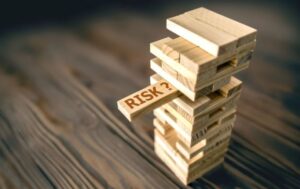
Risk of Credit – Commercial real estate risks
The most common risk is the risk of finance. Every party involved in a Real Estate transaction faces some financial risk. For example, people take loans to buy a property, and hence the lenders and institutions face a risk of borrowers not making their monthly payments on time. Similarly, the owner of the property faces a risk of tenants not paying the monthly rent on time. And if the tenants can’t pay anymore, they move out of the house, making it a tough job for the owner to earn back the amount.
Wholesale Commercial Shops and Oddcie Spaces in Chennai
2. Risk of Price Inflation
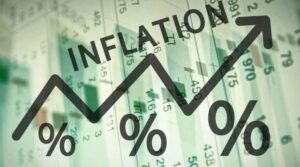
Risk of Price Inflation – Commercial real estate risks
Let’s assume you are buying a car with an EMI that might go for 24 months. You calculate the rate of interest-based on the inflation rate for those years. So, the only risk here is your assumption of the Interest rate of the second year. Now imagine the same, but with a house lease. Now you are calculating your lease rates for a house that is way more expensive and for a longer amount of period.
e.g., You lease a house for 10 years to a tenant by keeping in mind a 3% increase in price every year. Now there is a sudden inflation rate that goes up to 12%; then, the tenant has gotten the property for a much lower price!
3. Risk of Geography

Risk of Geography – Commercial real estate risks
The core of a successful Real Estate property depends on the location and the area surrounding it. But here’s the catch, cities are characterized by a dynamic and ever-evolving Real Estate scene. The locality that is the talk of the town and a landmark place now may not be the same 10 years down the line. And this directly affects the price of the property. And not just that, if the price or condition of the neighboring locality changes, or even a single external factor is compromised, the prices will take a massive hit because of that.
4. Risk of Planning the Construction

Risk of Planning the Construction – Commercial real estate risks
Planning a construction is no easy task. Should the design be contemporary? Will it last long? Is the quotation within the budget? Will the cost go overdue? Will the construction be completed within time? Will there be any defects while or after the construction? The questions are endless!
5. Risk of Administration

Risk of Administration – Commercial real estate risks
If you have gotten the best property in the perfect location, you would need the right administration team to manage it. This ensures that the decision-making about the property is smooth and smart, the interactions and relationships with tenants are handled well, and all the other operations are done the right way. Bad management can single-handedly bring down the price of the property, even if the other factors are perfect.
6. Risk of Liquidity

Risk of Liquidity – Commercial real estate risks
At the end of the day, the owner of any asset would want a great price for their property. Liquidity means turning an asset into cash or cash equivalent, and that is a risk every asset owner faces. If someone had to sell their property suddenly, more often than not, the prices that they would receive would be lesser than they would expect.
7. Risk of Environment Safety

Risk of Environment Safety – Commercial real estate risks
Complying with all the safety norms is like walking on thin ice; you never know what can go wrong. The kind of paint you use, the kind of roofing, the quality of the electrical equipment, the filtration and sewage system of the building, and so many other things have to be taken into consideration. This is to ensure the soil, water, wildlife, flora, and any other natural factor around the building stay safe and protected.
Commercial real estate risk is real, and to understand it a little better, let us have a peek into the different classifications of commercial real estate:
Different Classifications Of Commercial Real Estate
1. Multifamily

Multifamily – Commercial real estate risks
Multifamily real estate is a residential building with more than one residential unit converted into commercial real estate by renting out the units. This will fetch the owner what is called commercial earnings.
2. Office Spaces
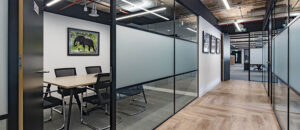
Office Spaces – Commercial real estate risks
Office spaces are the kind of commercial property in high demand, with the rise in businesses and start-ups. These spaces have the scope to become multi-tenant property based on their location and the property’s style.
3. Industrial
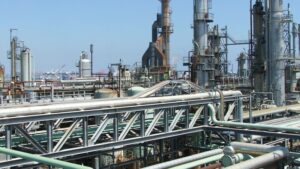
Industrial – Classifications Of Commercial Real Estate
Investors generally find it easy to enter the industrial real estate market due to its flexibility and low entry cost. These spaces ideally accommodate industrial activities, including manufacturing and production units. These spaces are located mostly in the outskirts of the city, as they involve heavy industrial activities that need a larger area.
4. Retail

Retail – Commercial real estate risks
Retail commercial spaces house B2C business, basically, companies that sell goods directly to customers. Retail outlets are usually located in the heart of the city and are easily accessible.
5. Hospitality

Hospitality – Classifications Of Commercial Real Estate
Hospitality real estate includes the property owned by the hospitality industry like hotels, resorts, motels, homestays, entertainment parks, zostels, and more. They help serve travellers and people looking to unwind by providing a place to stay and entertain.
Investment in any of the types mentioned above is commercial real estate investment. Investing in commercial real estate comes with its own set of advantages as well as commercial real estate risks. Let us go on to discuss the benefits first.
Things to Consider While Investing in Commercial Real Estate
Advantages of investing in commercial real estate
Keeping commercial real estate risks apart, investing in commercial real estate is an excellent way to ensure a steady flow of income. Here are a few benefits this investment comes bearing:
1. Steady cash flow

Steady cash flow – Commercial real estate risks
Investing in commercial real estate yields steady income. If you own a commercial property that has rental portions, your rental income will see a rise. Income stability can help keep stress at bay, irrespective of the market conditions at that time. Commercial real estate is not directly hit when the market is volatile.
2. Appreciation value
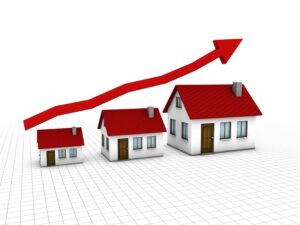
Appreciation value – Classifications Of Commercial Real Estate
Commercial real estate has ample scope for property appreciation. With prompt management and timely upgrades that are also cost-effective, your commercial property’s value will always see an increase in value.
3. Build Equity

Build Equity – Classifications Of Commercial Real Estate
Commercial properties are known to yield high returns steadily. Therefore, investing in a commercial property can help you build substantial equity, in a shorter span of time, given the consistent returns. Equity is the value an investor has built up over a period of time.
4. Secure investment

Secure investment – Commercial real estate risks
Any commercial property is a hard asset. By hard asset, we mean that it has intrinsic value – both the land and the structure built on it possess value. Therefore, owning a commercial property ensures consistent returns, and investors generally don’t have to worry about fluctuating market conditions. This makes commercial real estate a secure investment.
5. Lease rates
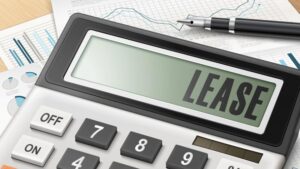
Lease rates – Commercial real estate risks
In areas with restrictions on construction, commercial real estate can still thrive and have good monthly returns. Even in tough times, these properties have attractive leasing rates.
Why should you invest in MOI?
Commercial real estate risks apart, investment in this type of real estate guarantees solid returns. Moreover, demand for office spaces is on a rapid rise, with several new businesses cropping up. Thus, investing in commercial real estate is an intelligent choice as it guarantees returns in abundance.
If you are looking to invest in a centralised commercial unit, Market of India is an ideal choice. Located in the heart of Chennai, Market of India, India’s largest wholesale and retail market space, brings together all the major markets from across the city.
Here’s why you should invest in a commercial space in Market of India:
- Market of India provides you with a gateway to expand your business across India and South Asia.
- With a dedicated Chamber of Commerce within Market of India, investment here facilitates seamless international trade.
- Market of India offers wholesale, retail, office, and commercial spaces in Chennai.
- It is a commercial space equipped with state-of-the-art amenities, including advanced security features, 24 access points, a food court, loading-unloading facilities, and more.
- Market of India provides you with excellent networking opportunities as you will house your business and conduct trade amidst other global brands.
- Market of India is the one-stop solution for all your commercial and trade needs.
Invest in a commercial real estate space in Market of India, Chennai, today! Shops start from ₹40 lakhs!
Have you faced any trouble while investing in commercial real estate? Let us know in the comments below!
If you are looking for a commercial space in Chennai, the Market of India awaits you with abundant opportunities in international trade! Visit our website and call us at +91 73581 11999!
FAQs
1. What are 4 risks that may impact a real estate agency?
Four risks that may impact a real estate agency are market fluctuations, changes in interest rates, legal and regulatory changes, and natural disasters.
2. What commercial property has the most risk?
The commercial property that has the most risk depends on various factors such as location, occupancy, and tenant mix. Generally, high-risk commercial properties include those with high vacancy rates, high tenant turnover, or those located in economically unstable areas.
3. What are risk measures in real estate?
Loan-to-Value (LTV) and Capitalization rate (cap rate) are the two most common commercial real estate risk measures. When combined, they provide a sensible glimpse of a property’s risk and return profile.



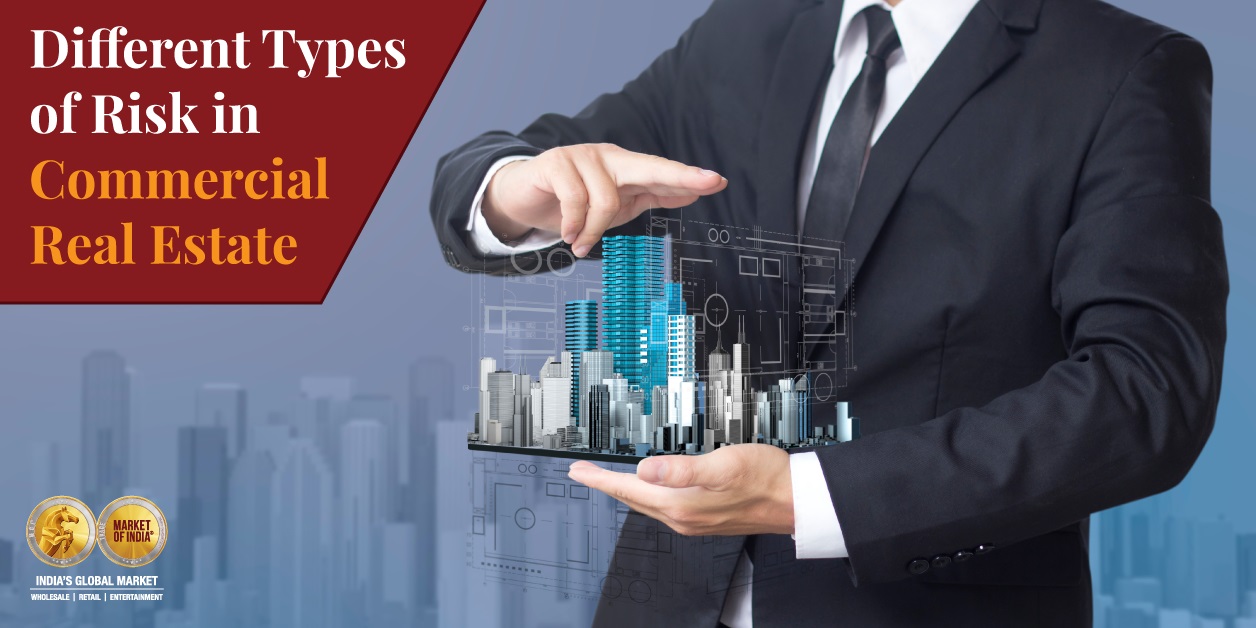
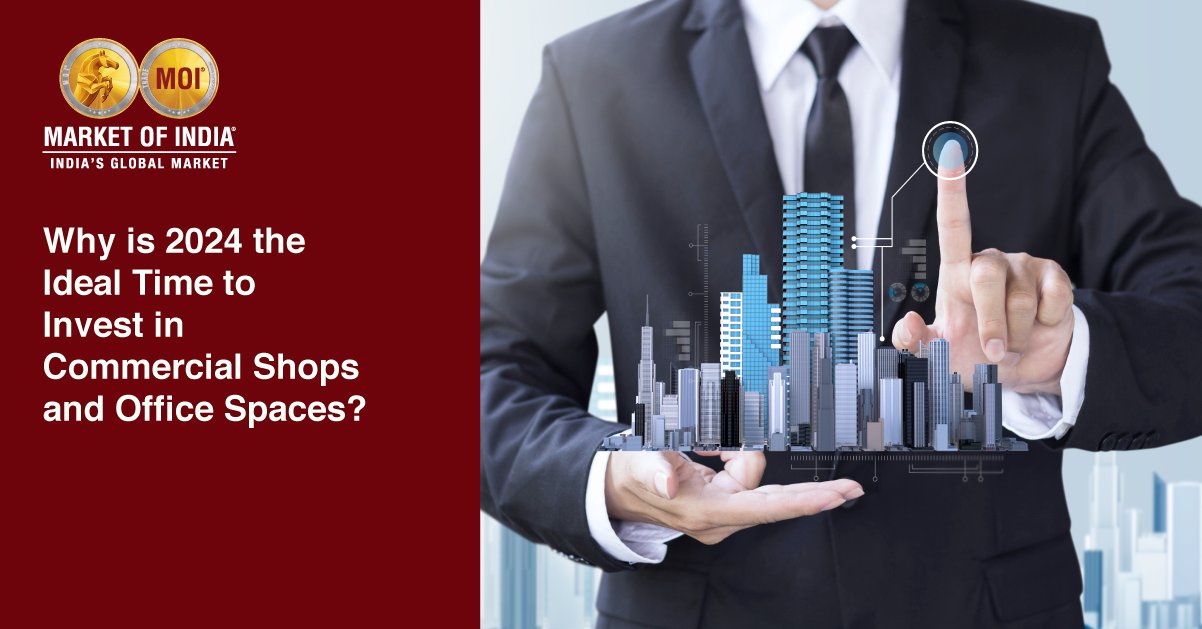

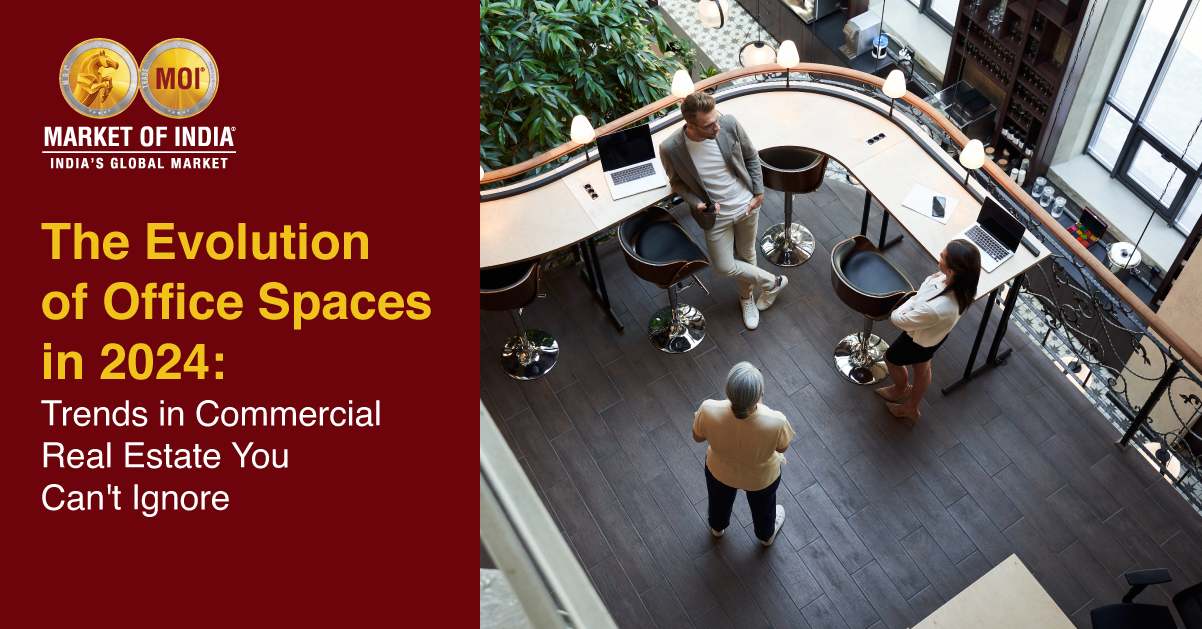
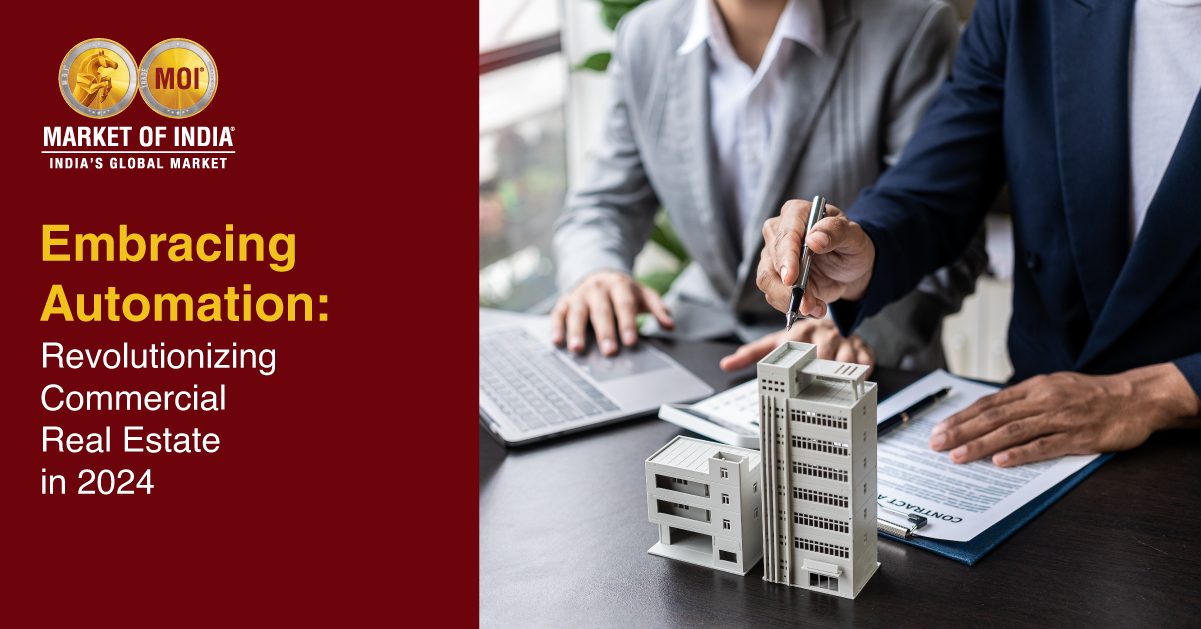
I just could not depart your web site before suggesting that I extremely loved the standard information a person supply for your guests? Is going to be back regularly in order to check out new posts